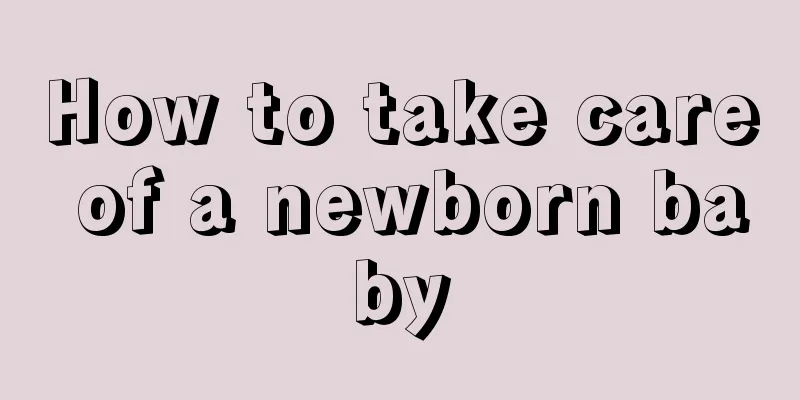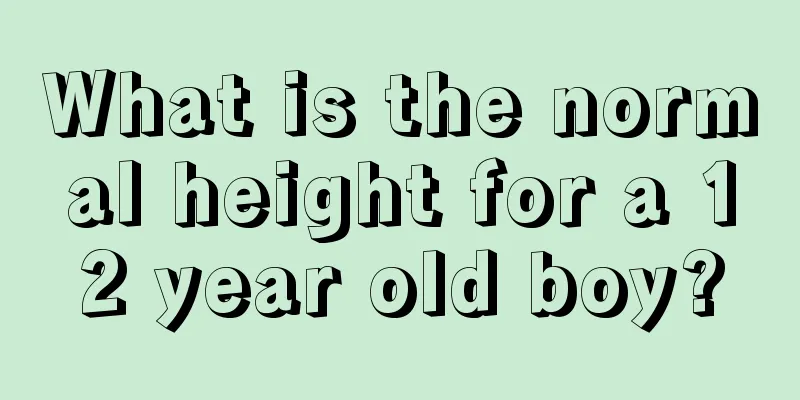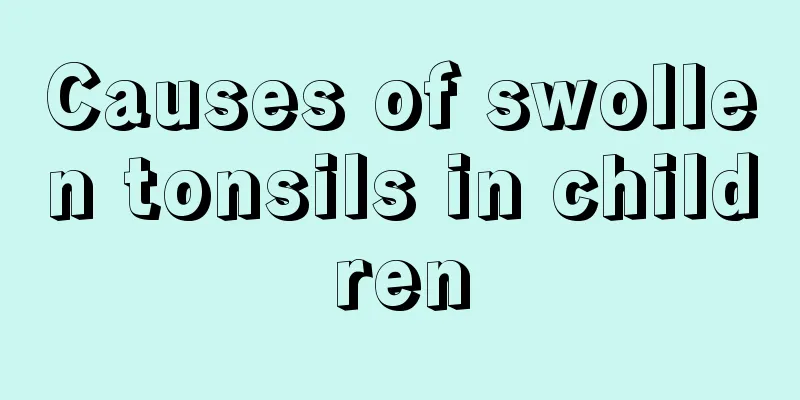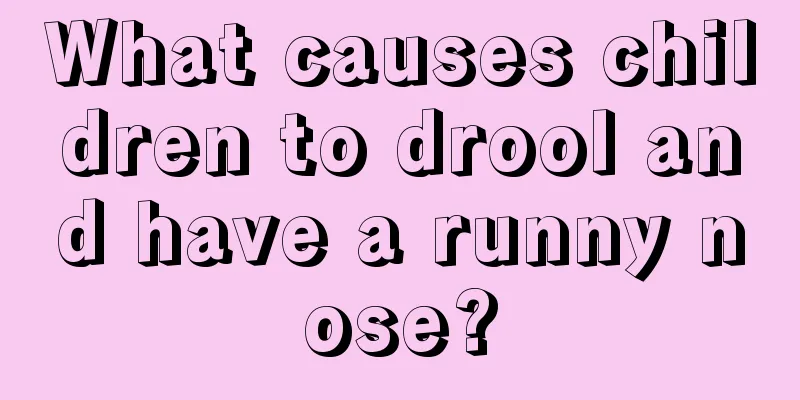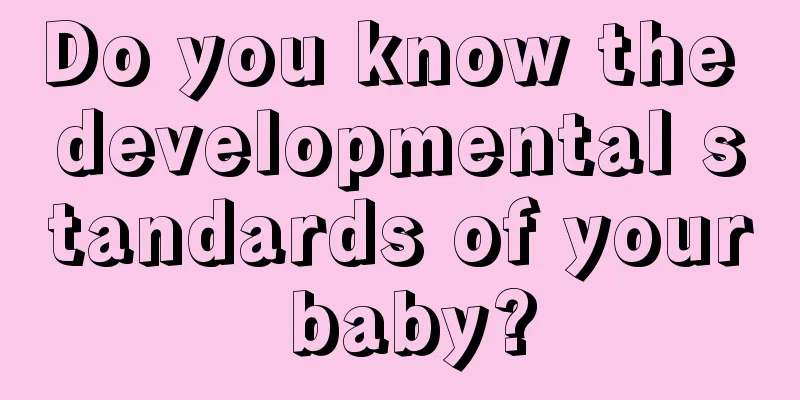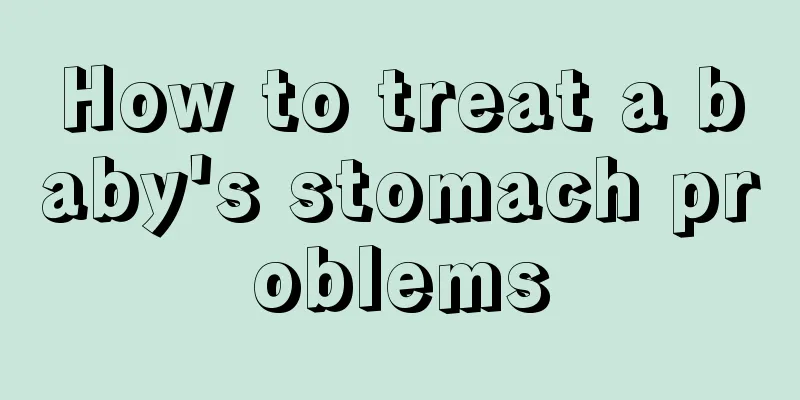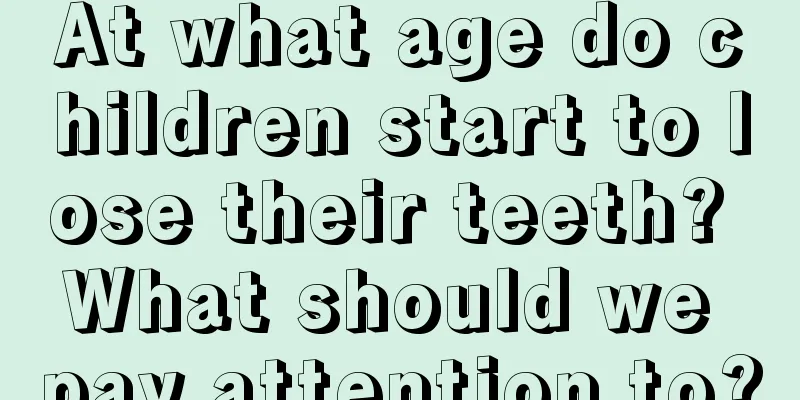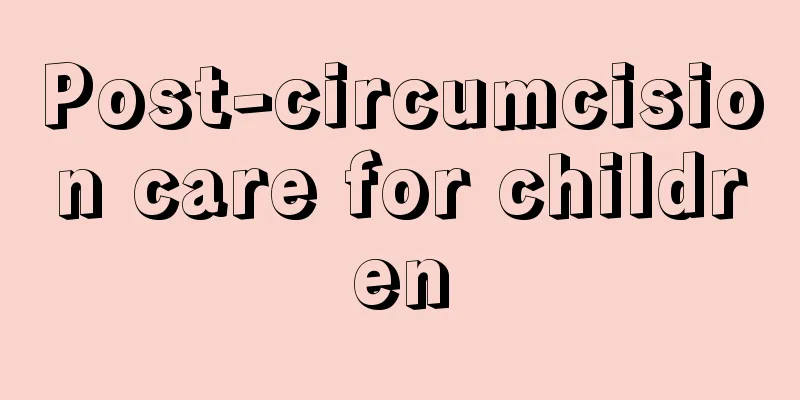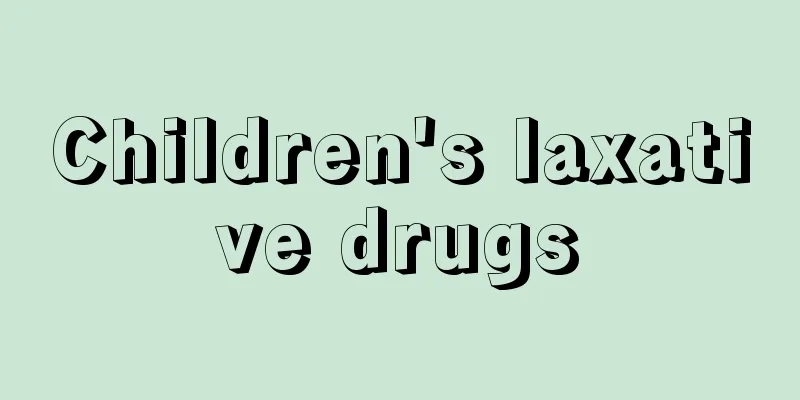Are there any side effects to children taking Chinese medicine?
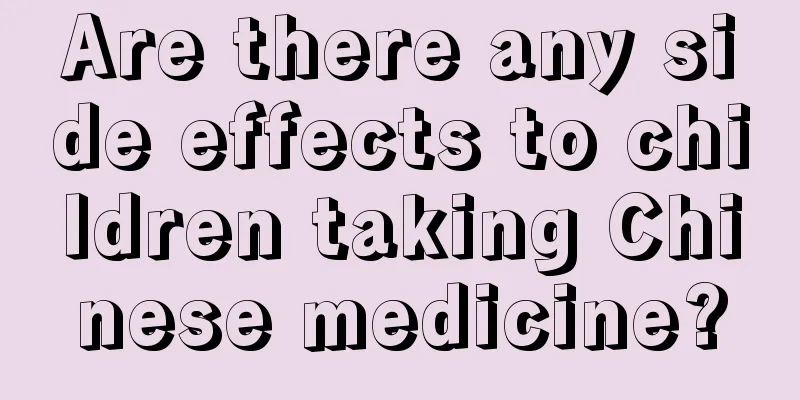
|
Traditional Chinese medicine is profound and extensive. With the development of the times, more and more people are aware of the benefits of traditional Chinese medicine. It is precisely because of this that traditional Chinese medicine has entered the lives of ordinary people. In real life, many people believe that eating more Chinese medicine is good for the body. In fact, if you don’t have any symptoms, it is not recommended to take Chinese medicine. After all, medicine is three-point poisonous, especially for children. So what are its side effects?
There are many misused sayings in China, and this is one of them. Many people who don't want to take medicine will keep this sentence in mind as an excuse. When it comes to Western medicine, this sentence is very appropriate. Basically all Western medicines have clear side effects, and they are written in the instructions. Many people think that since it is written in the instructions, it means there are no side effects. This idea is strange, but it is indeed common. For example, when giving Western medicine to children, we don’t think there are any side effects and they must take the medicine. When it comes to traditional Chinese medicine, people think that the side effects can harm children. It's quite ridiculous. Let’s look at the toxicity of traditional Chinese medicine. The concept of toxicity in traditional Chinese medicine can be divided into two categories. The first is a broad concept: as long as the medicine has a bias, such as being cold or hot, it is toxic, and most Chinese medicines have a bias. "Huainanzi Xiuwu Xun" says: "Shennong tasted the flavors of hundreds of herbs,... and encountered seventy poisons in one day." "The Book of Zhou: Tianguan" says: "The physician is in charge of medical policies and gathers poisons to provide medical services." The poison mentioned in this context refers to Chinese medicine with biased properties. For example, the ginger, chili peppers, and Sichuan peppercorns that we often eat are warm in nature. According to this definition, they are poisons, but we often use them to cook. I have never heard of anyone being poisoned after eating these.Cool the hot ones and warm the cold ones. Chinese medicine treats diseases by using the bias of medicine to correct the bias of the human body. For example, if you have a cold stomach, you can take warm Chinese medicines such as ginger and peppercorns to correct your cold stomach. If these biases were not there, the disease could not be cured. In other words, without these "poisons", the disease cannot be cured. The second is the narrow concept. This is really poisonous and can be fatal if used improperly, such as aconite, centipede, blister beetle, arsenic and the like. However, the Chinese have accumulated a lot of experience in using these poisons and have reduced their toxicity to the lowest level. As long as they are not taken in excess, there will be no danger. Compared with those chemically synthesized poisons in Western medicine, those truly toxic Chinese medicines do not seem so scary. After all, it is purely natural and can be excreted from the body naturally. Children who can take Western medicine are more likely to take Chinese medicine. If the child is just sick, these toxic medicines are generally not needed. So in most cases, it is just ordinary Chinese medicine, it just has some bias, and it is not toxic as we often say.
This depends on the level of the doctor. If a doctor prescribes a large bag of medicine to treat a child's illness, it is recommended to change doctors. If it is a traditional Chinese medicine, you can usually boil a bowl of water into one-third of a bowl (about 60 ml). It is not difficult for a child to drink this amount. 3. Chinese medicine is very bitter This is a common phenomenon, especially today when cold and cool medicines are popular. Most cold and cool medicines are bitter. However, traditional Chinese medicine prescriptions are generally sweet, especially those for treating colds, which are basically sweet. If you are worried that your child will not want to drink Chinese medicine because it is too bitter, it is recommended that you find a local Chinese medicine practitioner to prescribe the medicine. It was still a pleasure to drink. Therefore, children can drink Chinese medicine and there is no need to worry too much. |
<<: Are there any side effects to babies taking Chinese medicine?
>>: What are the medicines for children to help digestion?
Recommend
What to do if your five-year-old baby has sinusitis
The problem of sinusitis in five-year-old babies ...
Which eye drops are best for children?
Children are also a high-risk group for eye disea...
How to treat gastritis in children
As people's living standards and quality of l...
Six-year-old boy sweats while sleeping
Children are the people that their parents care a...
What to do if your baby doesn't poop
People who have babies at home may encounter such...
Waking up with the urge to defecate
Why do you want to defecate as soon as you wake u...
How to treat poor gastrointestinal absorption in babies?
Poor gastrointestinal absorption will reduce the ...
Reasons why children's sweat smells sour
Every child loves to move around, but exercise wi...
How often should babies feed?
This is the most common question for many new mot...
What causes ringworm in children? Seven causes of ringworm
Children are prone to ringworm on their faces. Th...
Symptoms of baby choking on trachea when drinking medicine
Babies' immunity is relatively weaker than th...
3 month old baby sleep
We all know that when babies grow to three months...
The child wets the bed at night and doesn't wake up
Children have many conditions when they are young...
What are the treatments for oral ulcers in children?
Oral ulcers are superficial ulcers on the oral mu...
The child has a bag under his eyelid
The main clinical manifestation of stye is edema ...
